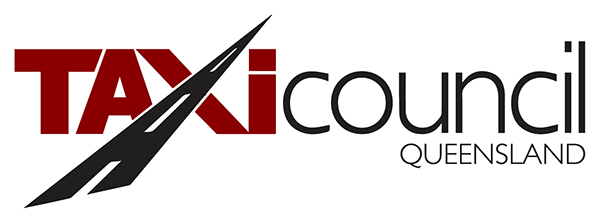Media release
March 21, 2019
ABC’s Four Corners investigation into global giant, Uber, revealed the alarming extent of its predatory behaviour in Australia. The report exposed a host of underhanded tactics Uber employed to damage its competitors and to ‘outfox and outplay’ law enforcement agencies. It has the Taxi Council of Queensland (TCQ) now calling on the Queensland Government to take immediate action to review whether Uber is really the fit and proper company that they thought it was when they approved its Booking Entity Authorisation in late 2017.
“Uber has been outed for trying to use sophisticated technology and underhanded tactics to force its taxi and booked-hire competitors out of business, to eviscerate the competition so it could end up dominating the passenger transport market in Australia. If they achieve that level of market control, consumers can say good-bye to cheap subsidised fares because it’ll then be time to pay the piper,” TCQ CEO, Blair Davies said.
Uber is gearing up to pursue a listing on the US stock exchange later this year with the company potentially valued at up to $US120 billion. However, such stellar valuations may be at risk as potential investors become more aware of the ruthless tactics Uber used to build its business empire. The deployment of technologies aimed at damaging competitors such as “Surfcam”, and evading law enforcement such as “Greyball”, call into question the whole business model upon which the empire is based.
In 2014/15, Australian law enforcement officers put in place ‘sting’ operations to catch out UberX drivers providing taxi services without the necessary criminal history checks, medical checks, insurances and vehicle checks. However, as reported by Four Corners, those efforts were comprehensively thwarted by Uber’s use of “Greyball”, a spyware application which could identify and block particular users, in this case NSW transport investigators, from using the service by assessing their personal details. Another program called ‘Surfcam’ was developed in 2015 by an employee in Uber’s Sydney head office, which was used to scrape competitors’ data in order to poach their drivers. It was industrial sabotage because without drivers, rival companies would be unable to offer competitive levels of service.
“Uber was looking to defeat Australian laws rather than engage in the market as a law-abiding citizen and they won. Greyball Spyware, and other applications like it, proved effective in stopping State Governments from being able to enforce their transport laws, and in surrender, these Governments just made brand new rules tailored for Uber. It wasn’t a case of regulatory capture but rather one of regulatory capitulation,” Mr Davies said.
“If Four Corners can uncover the disturbing nature and extent of Uber’s misbehaviours, it begs the question as to what the Government regulators have been doing? Why is Uber’s Booking Entity Authorisation not under review, or as has occurred in London, at least made subject to strict probationary conditions?”
It appears Uber’s use of devious technology and underhanded tactics reflect almost as badly on the Governments they duped as the company itself. What are our Governments elected to do if not to govern for the good of the whole community and to uphold the rule of law? It’s time for Uber to own up to their illegal antics, recompense the businesses that were damaged by them, and commit to competing fairly in future. It’s also time for the Queensland Government to learn the lessons of this experience, and for its bureaucrats to be less naïve and show some real determination to make sure Uber faces serious consequences if they won’t hold to such a commitment.
ENDS
